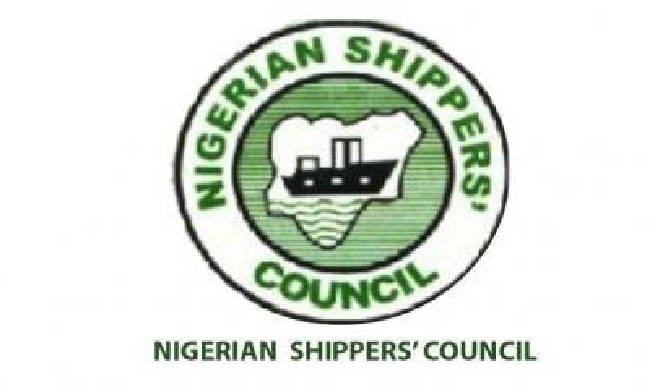The Nigerian Shippers Council (NSC) has attributed the high cost of freight in West and Central Africa to poor ship ownership, a situation that is threatening their ports sustainability.
The Executive Secretary (ES) of NSC, Mr. Hassan Bello, made the remark yesterday in Abuja at the ongoing Sub-Regional Summit on Unfair Shipping Surcharges and High Local Shipping Charges at the Ports of West and Central Africa Sub-Region.
Mr. Bello also raised concern around the global Sulphur levels target from 2020 and how it will impact African shipping business.
He said, “By 1st January, 2020, the International Maritime Organisation (IMO) will regulate global Sulphur levels from 3.5 to 0.5 per cent mass-by-mass. We must pay close attention to the most dramatic fuel regulation change ever implemented considering the economic impact. The ripple effect of this change could have significant implications on the global economy.
“Rising fuel cost means rising freight rates with majority of the cost being passed on to consumers. It is estimated that the total impact to consumers’ wallets in 2020 could be around $240bn. As a result of varying cost factors, shippers will be forced to make a choice about how to stay competitive. As we are all aware, freight rates to the sub-region are relatively high compared to other parts of the world due to low vessel ownership in the sub-region.”

 Join Daily Trust WhatsApp Community For Quick Access To News and Happenings Around You.
Join Daily Trust WhatsApp Community For Quick Access To News and Happenings Around You.



